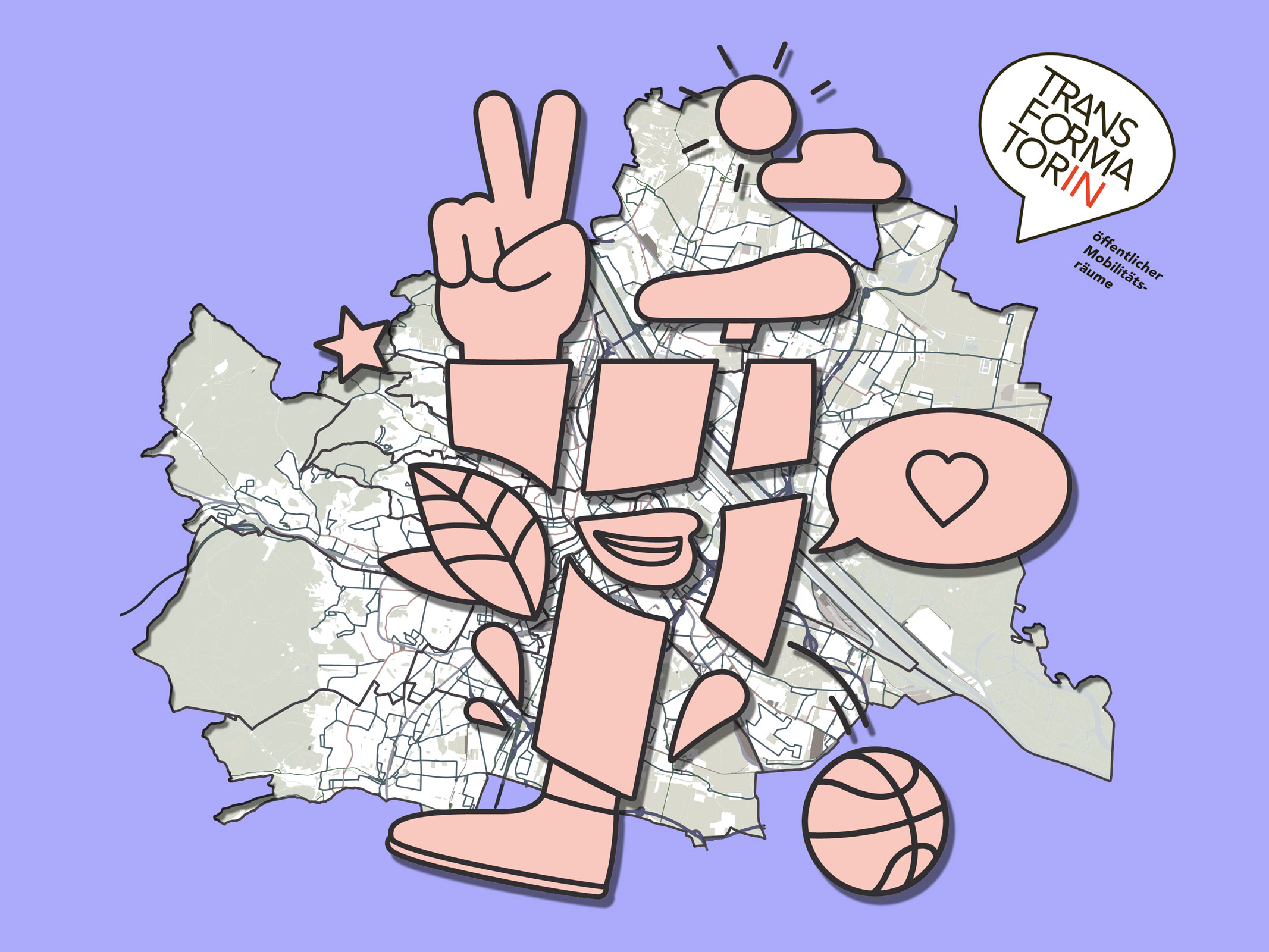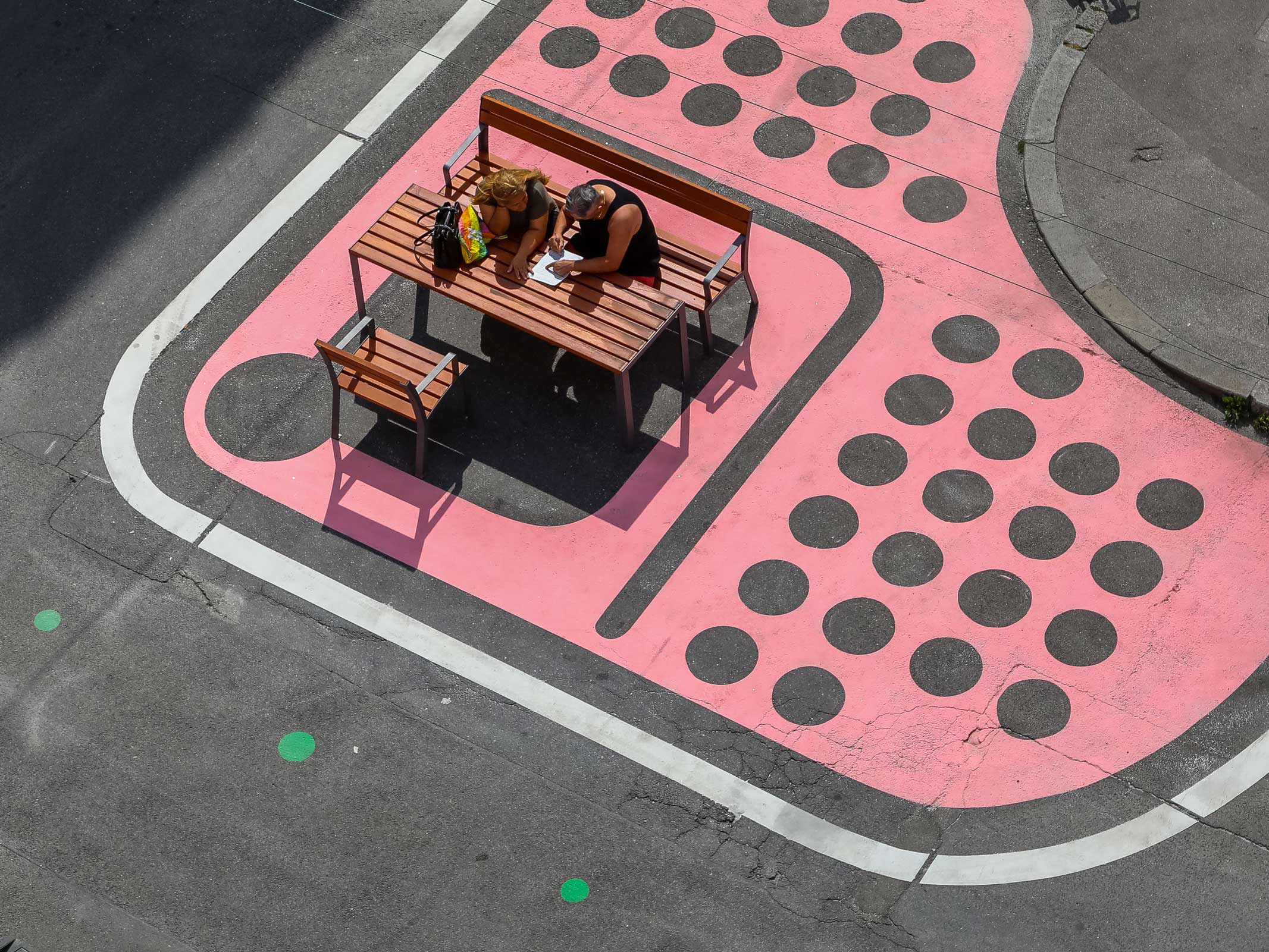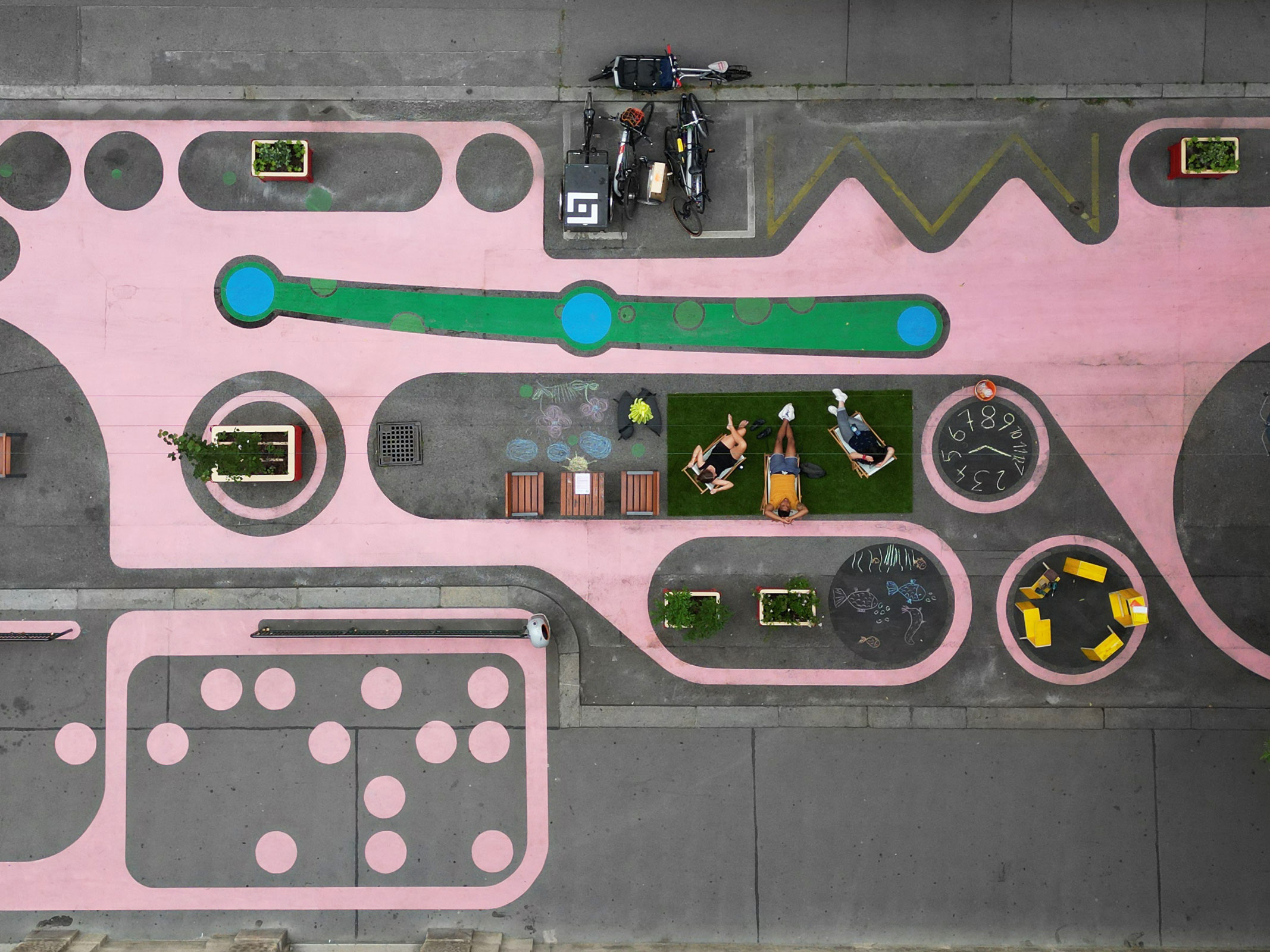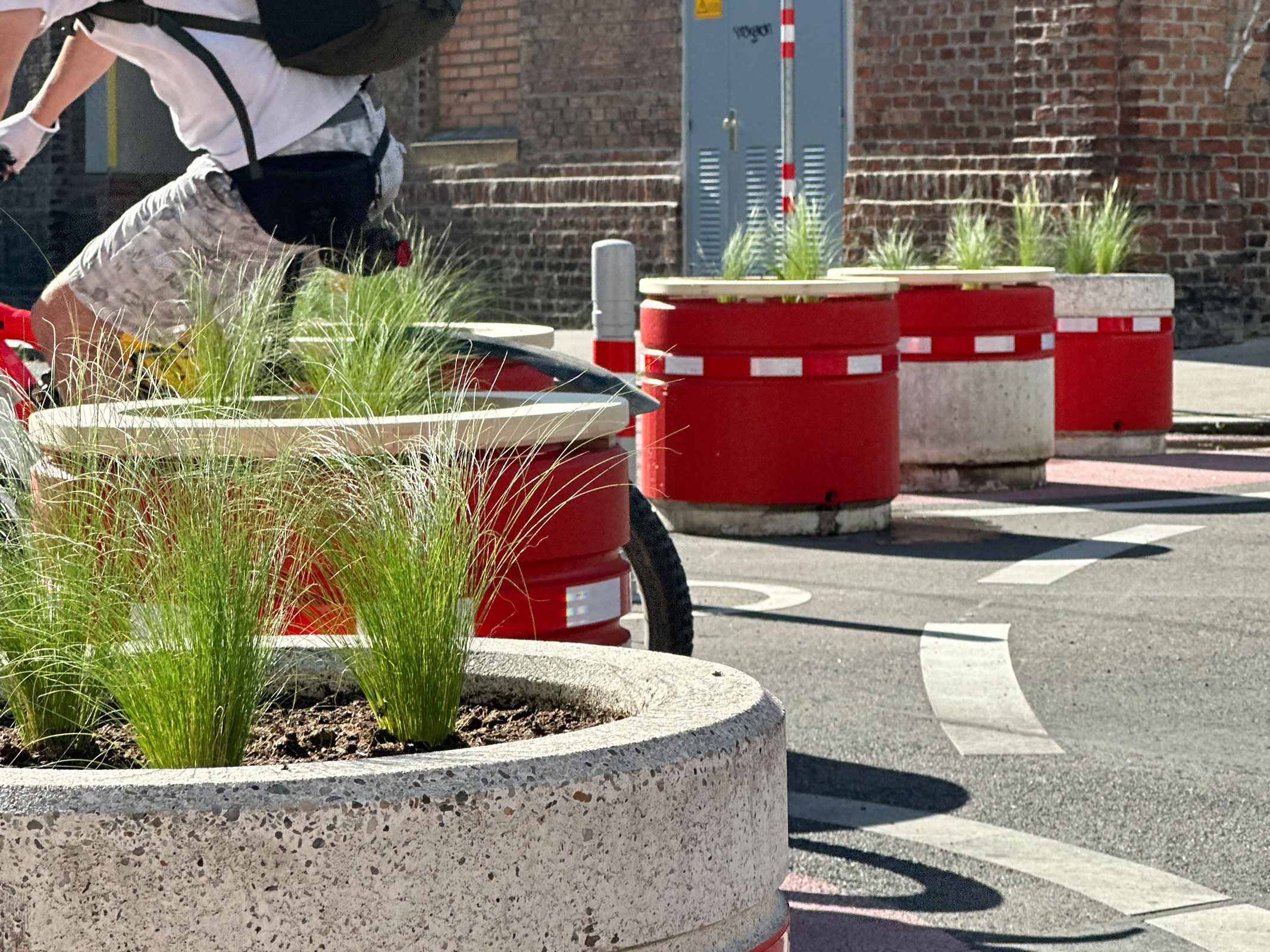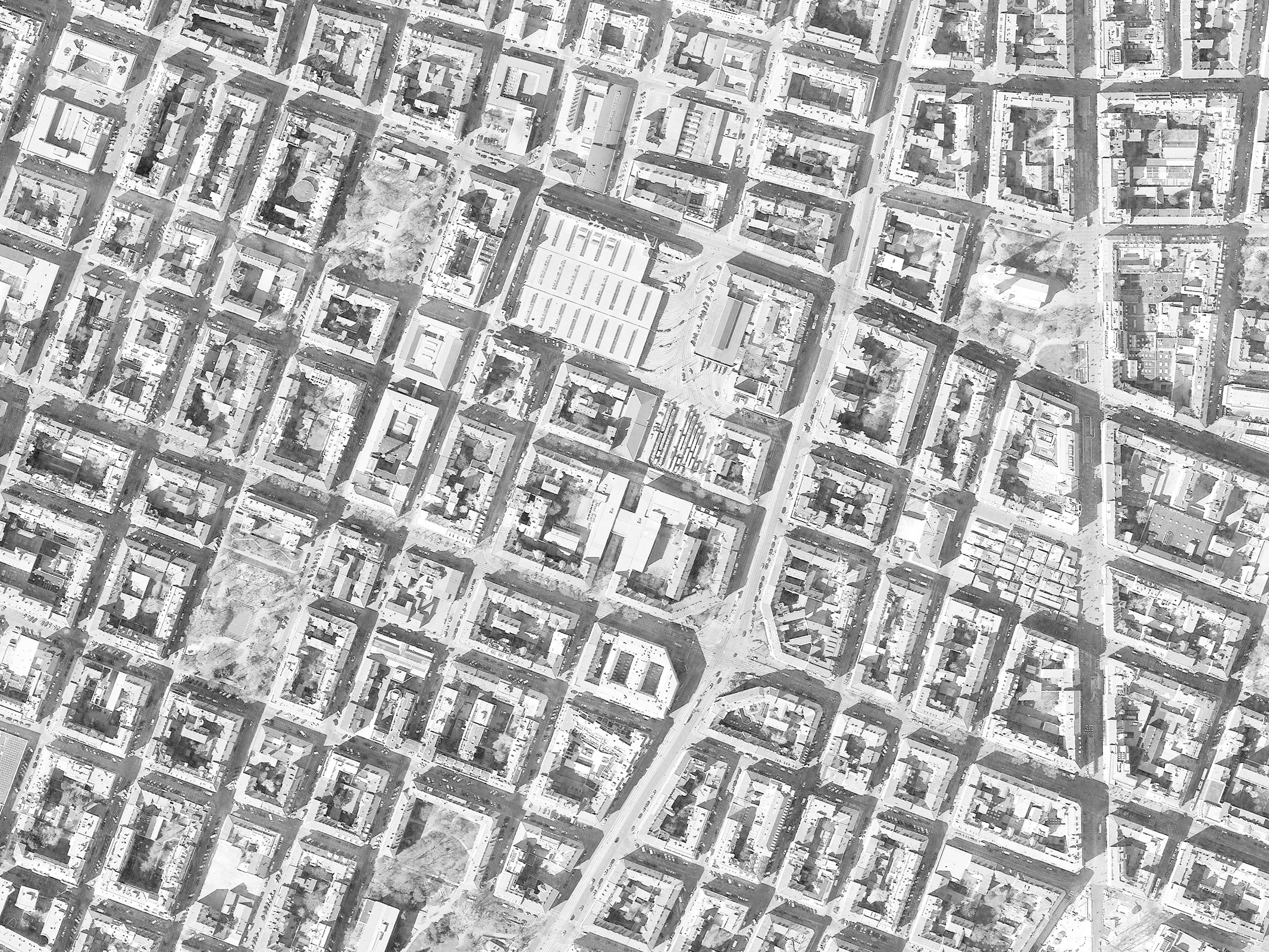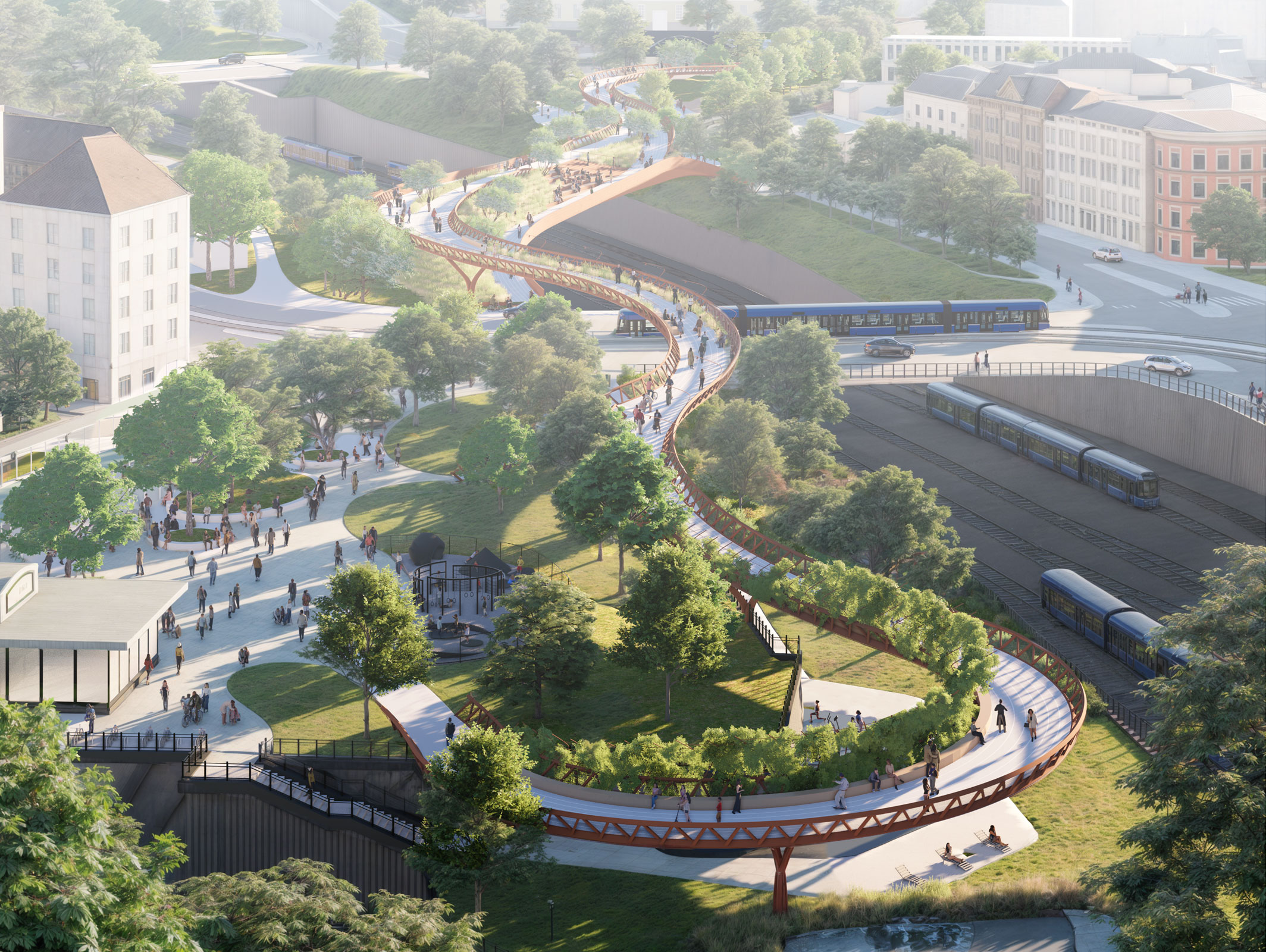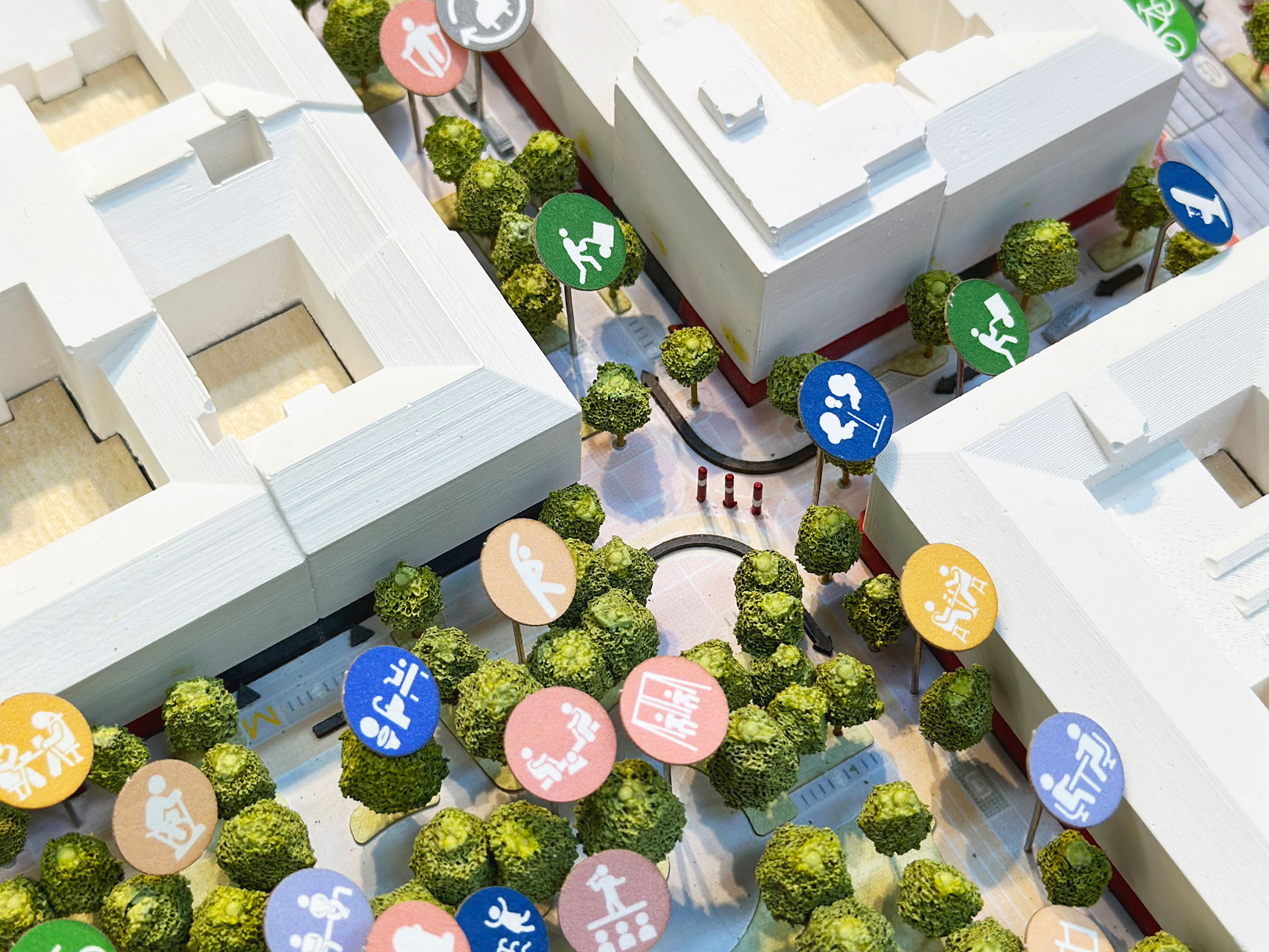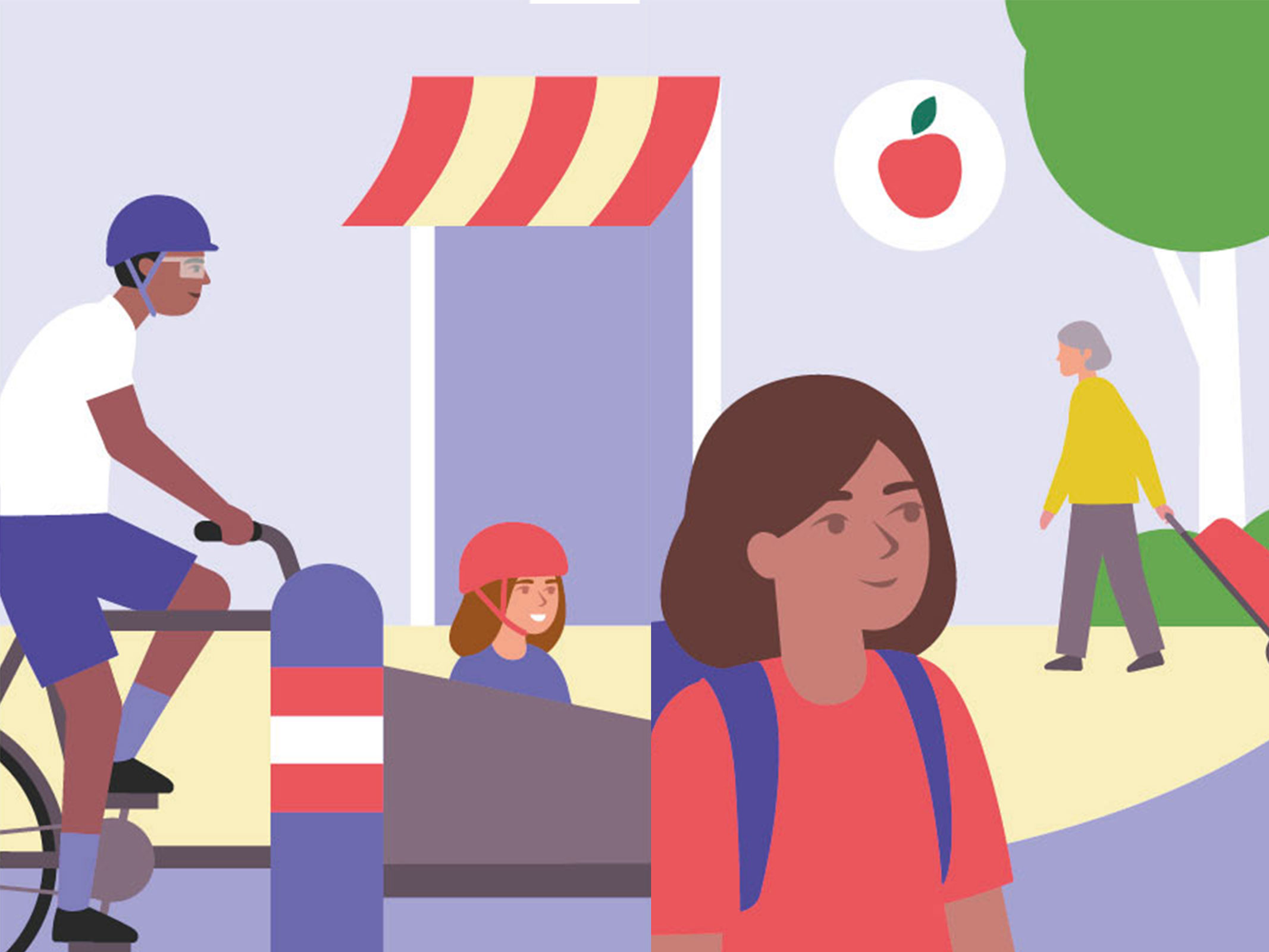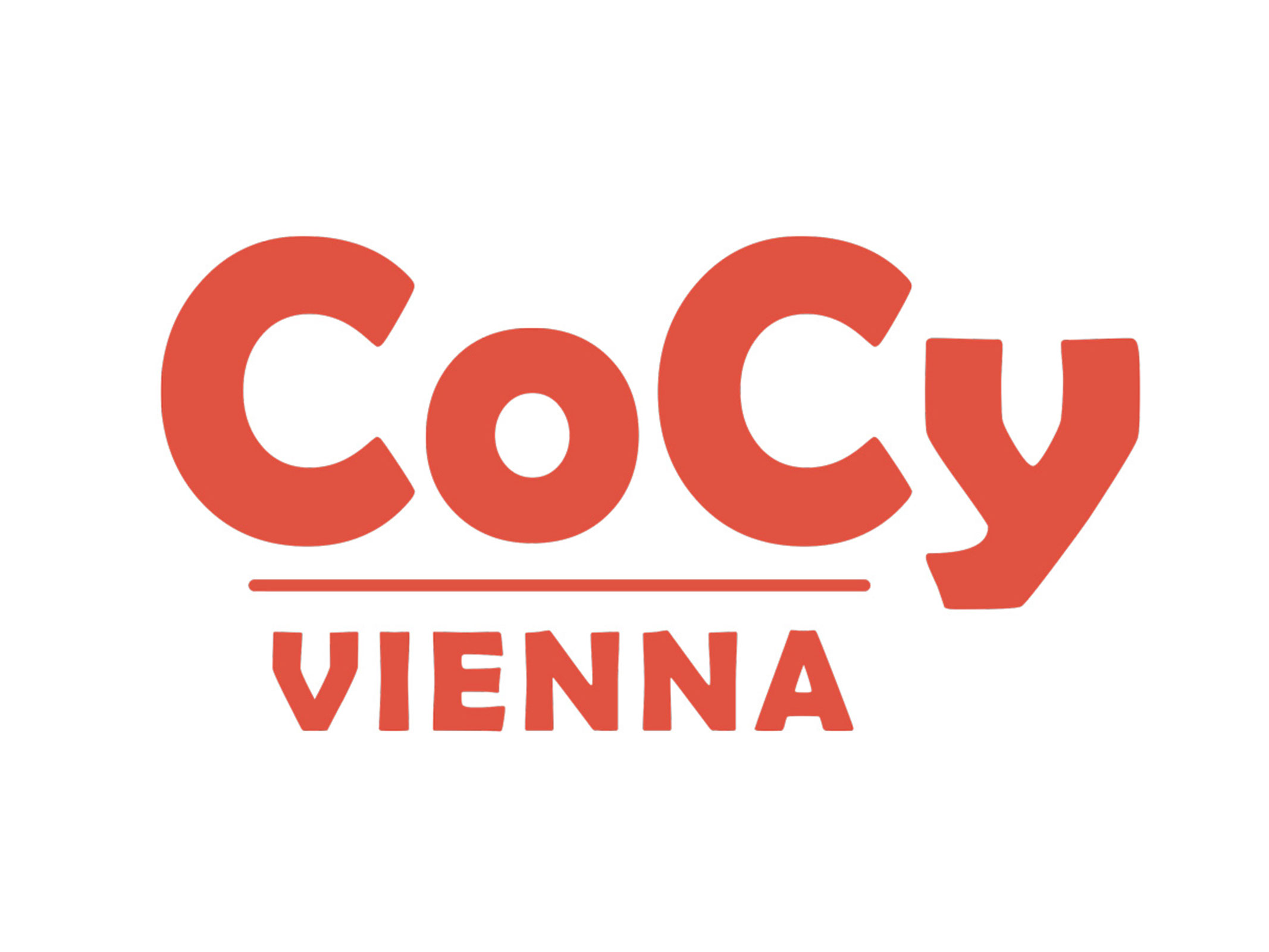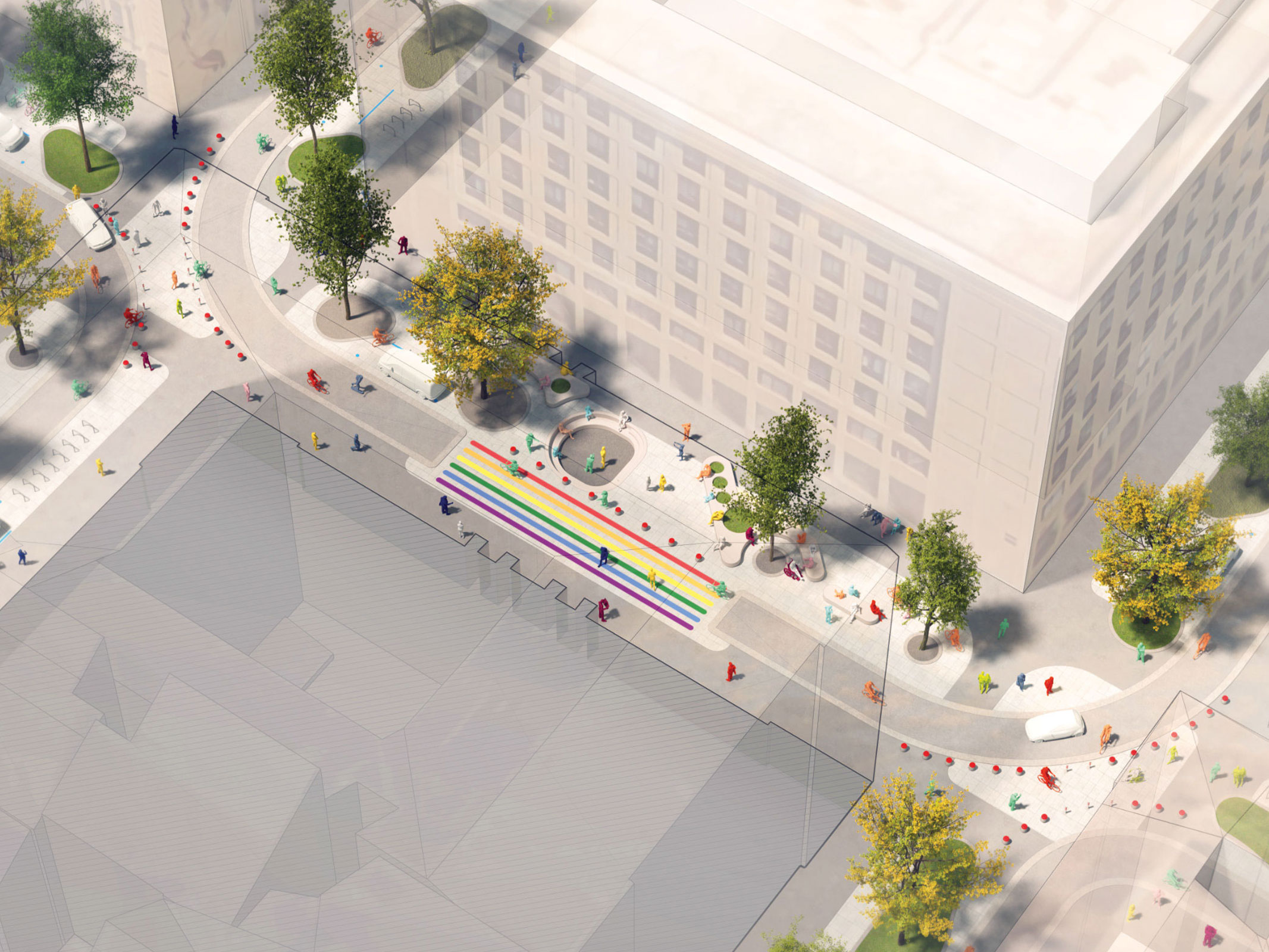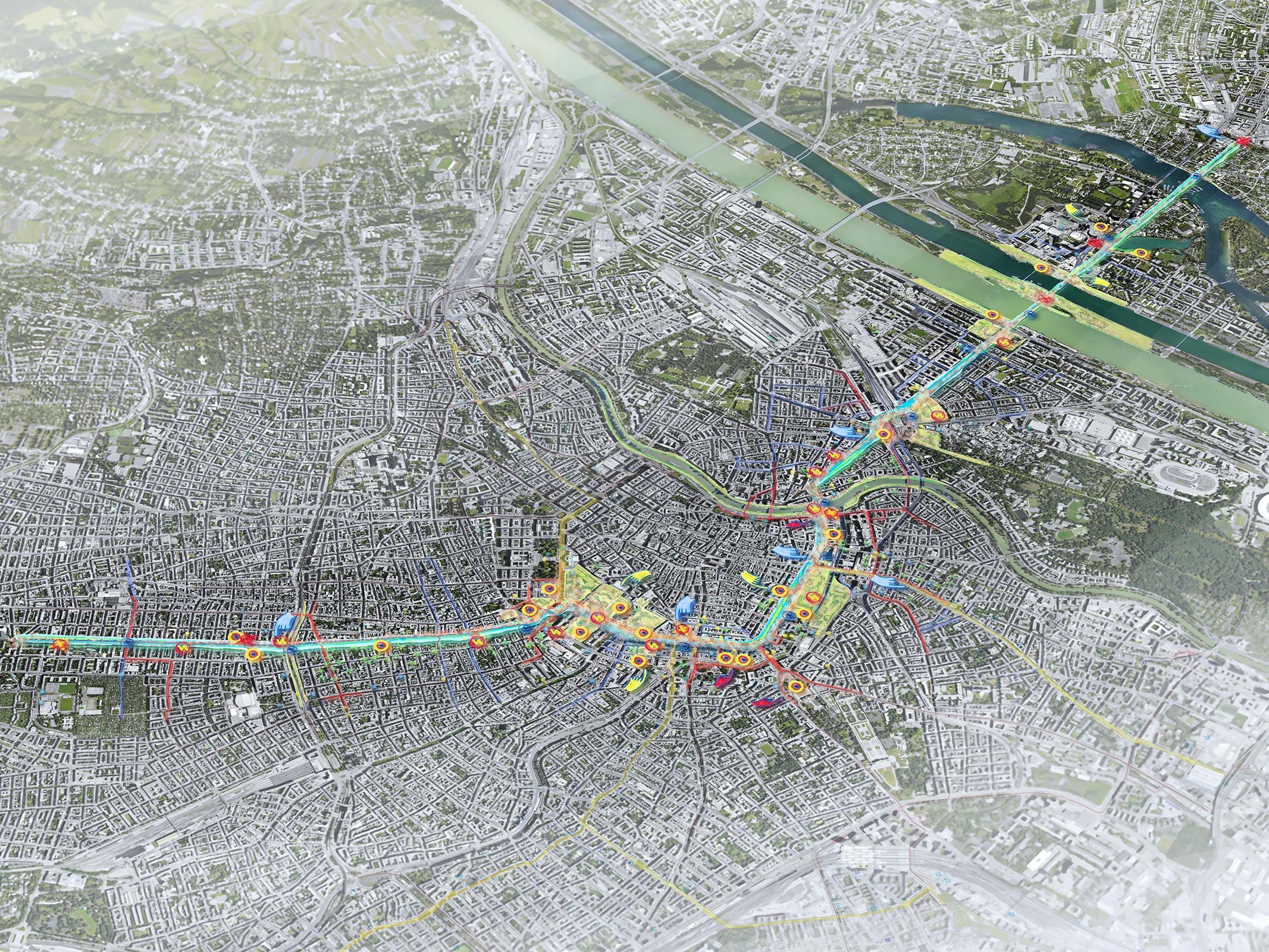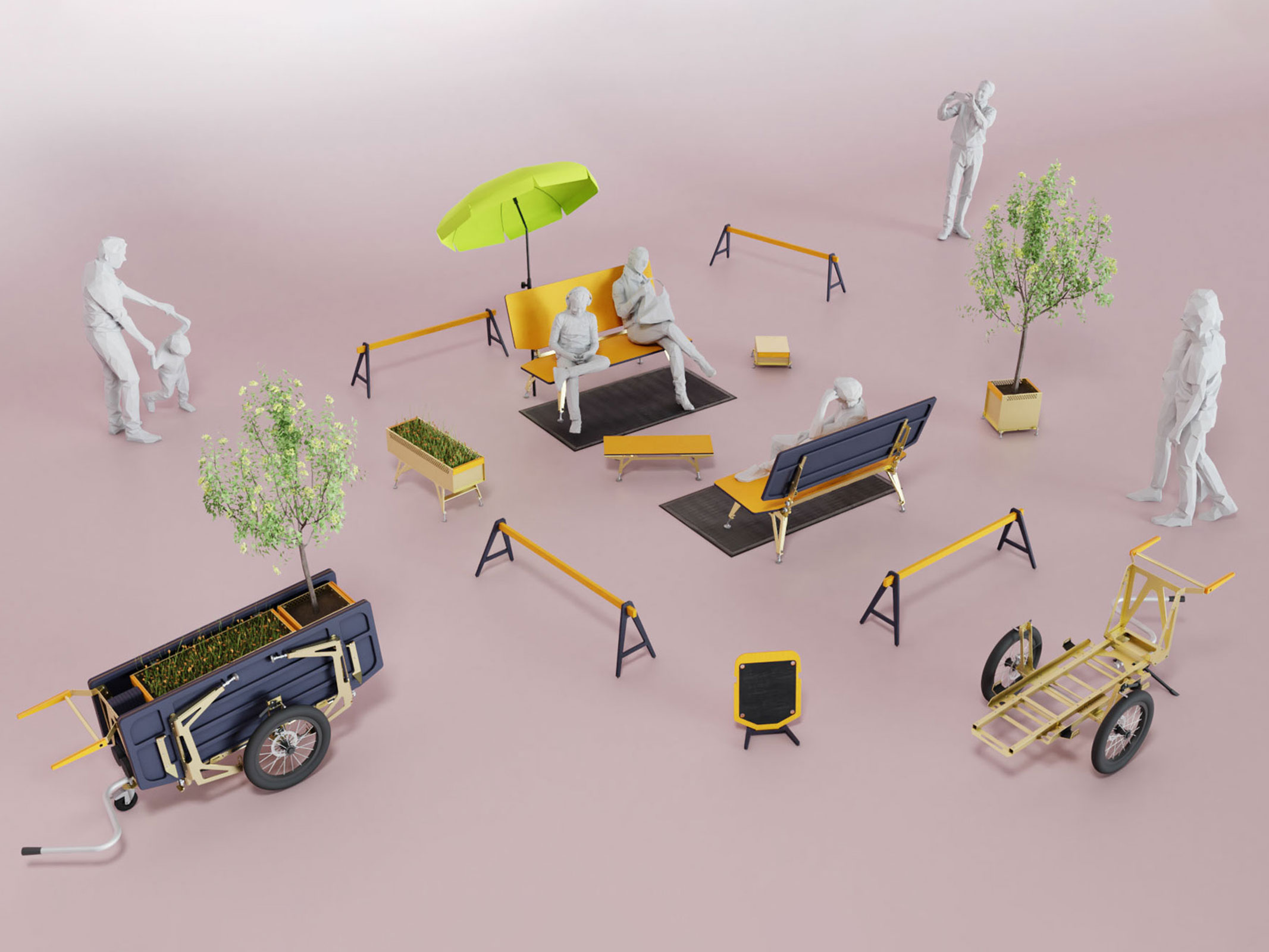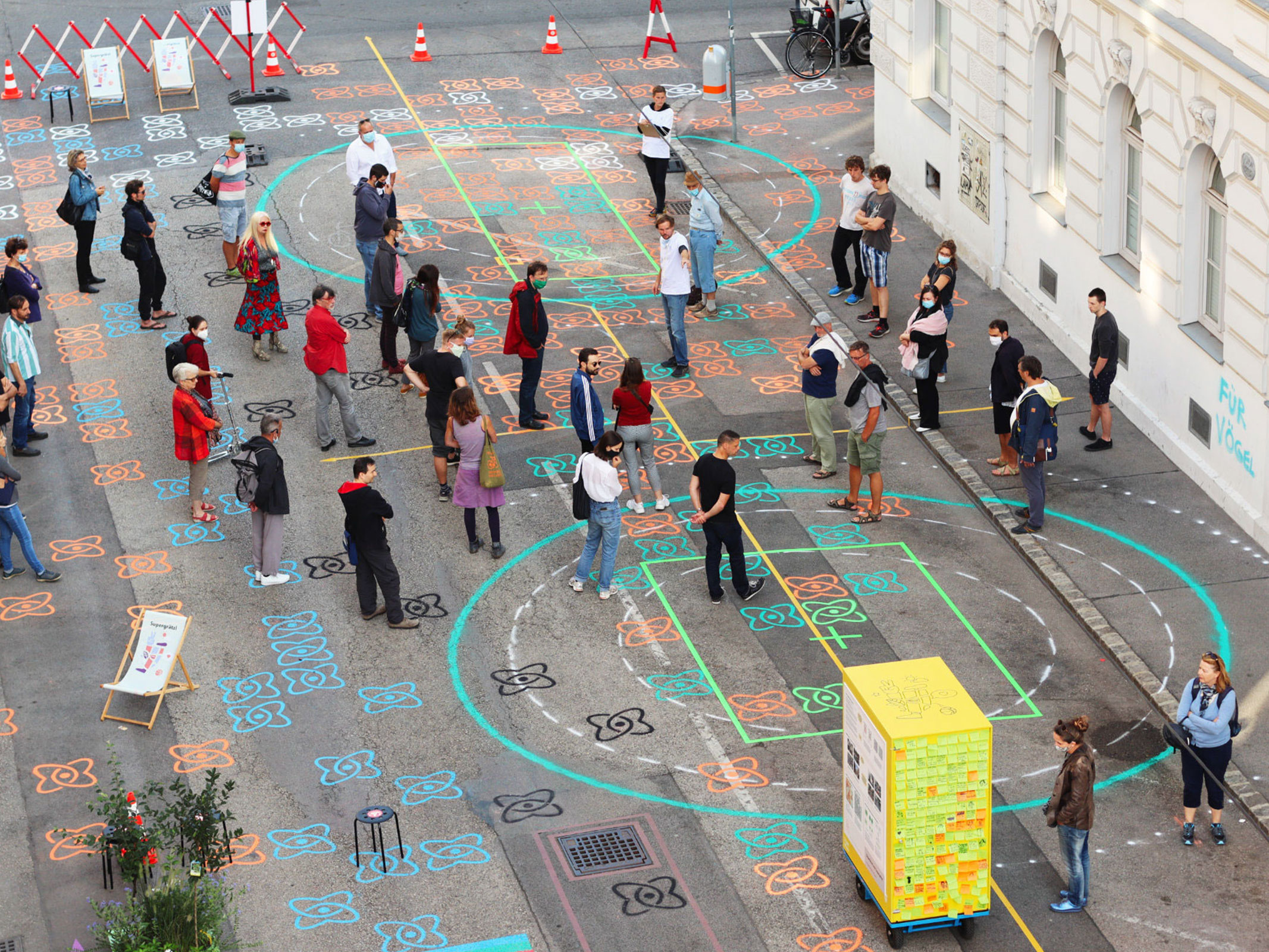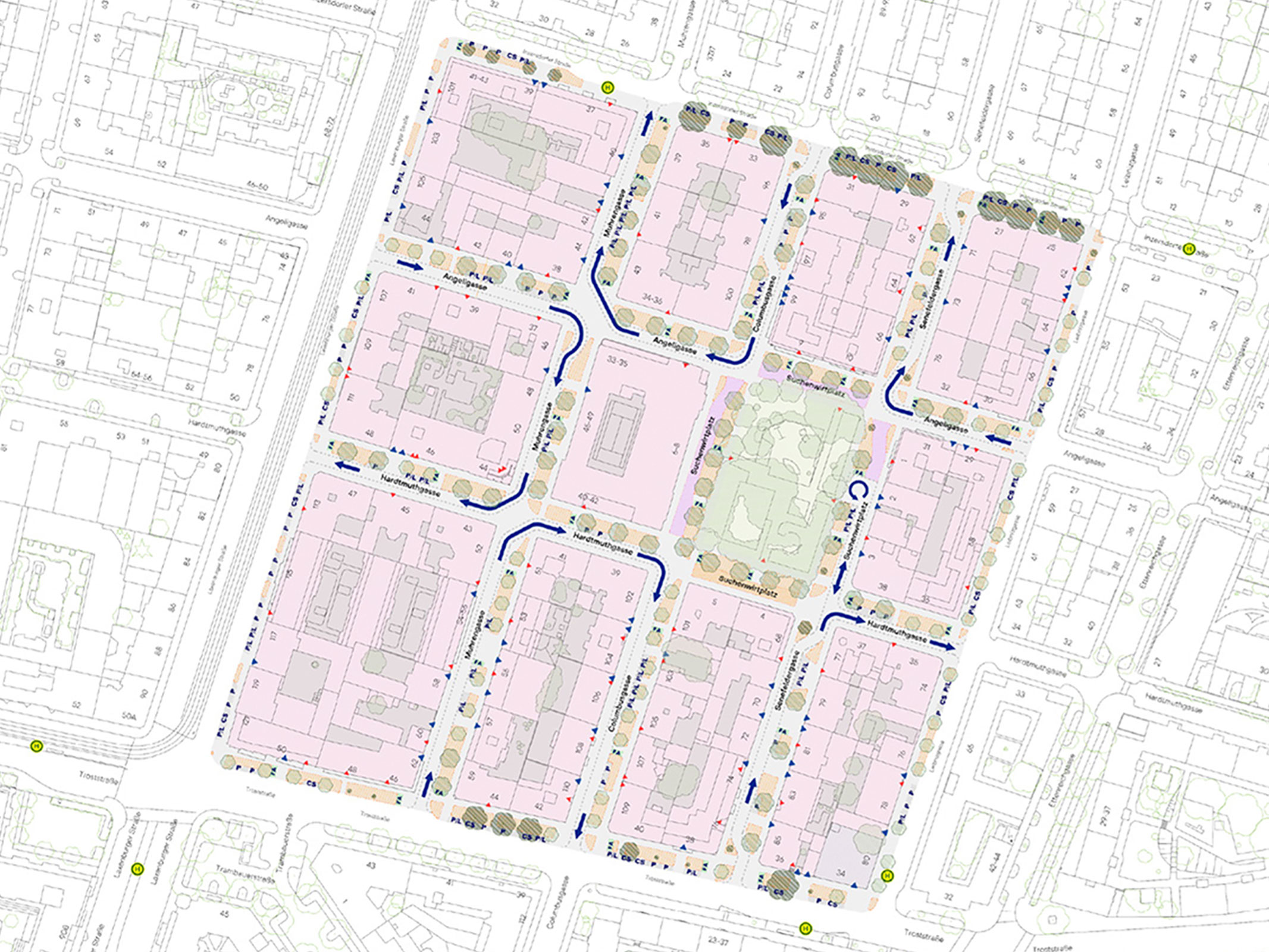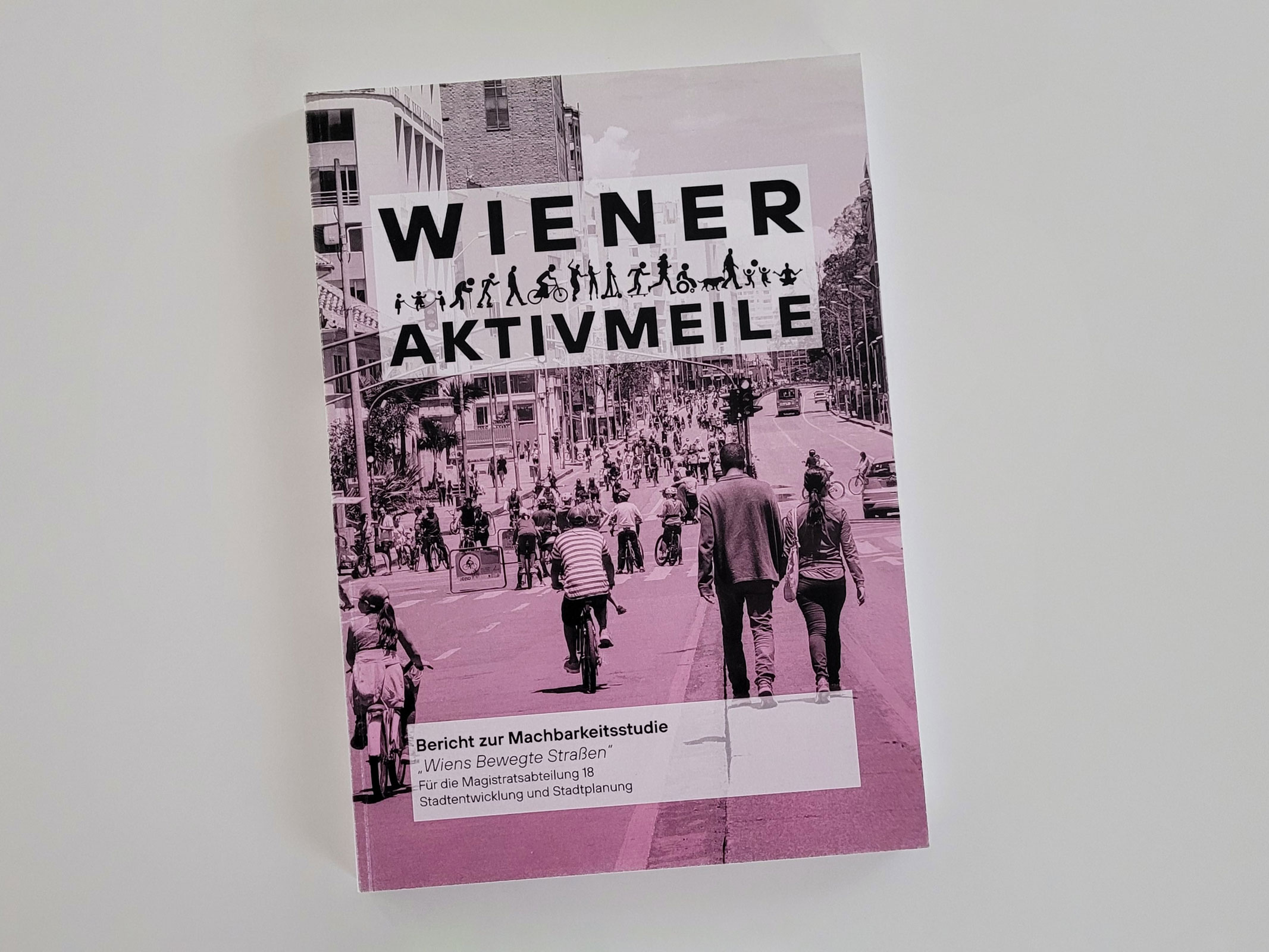LAUT is part of an international consortium that conducts the TuneTo15 project from 2025 through 2027.
In recent years, many cities have embraced the 15-minute city concept (15mC) by implementing strategies to foster both urban density and diversity, reducing car traffic through car-reduced neighbourhoods and re-designing urban street spaces.
However, many cities adopting the approach experience public and political backlash. One reason is that the concept is seen as disproportionately benefitting urban residents while ignoring the needs of those living in the periphery.
To overcome these transition conflicts, cities need to find solutions to expand the 15mC concept beyond the urban core while making it more socially inclusive. To address this knowledge gap, TuneTo15 combines quantitative accessibility analysis with qualitative analysis of social conflict dimensions in four international case studies.
The goals of TuneTo15 are:
(1) to identify the limits and potentials of the 15mC concept in diverse spatial settings, especially beyond the urban core;
(2) to understand the impacts of the concept on different social groups and identify conflicts between them; and
(3) to engage municipal stakeholders in co-creative processes to develop implementation and conflict-resolution guidelines.
A key element are the “Municipal Peer Group” and the “International 15-Minute-City Meetings”, which foster peer-learning and build transformational capacity in city administrations and other stakeholders of urban transition processes.
Within TuneTo15 LAUT is the consortium lead for the Austrian consortium. As lead of WP08 and WP09 LAUT brings in years of experience in collaborative r&d projects and international networking and exchange formats, specifically relevant to facilitating the Municipal Peer Group and engaging in the DUT Knowledge Hub. Throughout the project LAUT serves a transdisciplinary role providing everyday real-world urban planning and development perspectives. As a moderator, LAUT will facilitate constructive formats and methods for working collaboratively throughout all WPs.
Location: Berlin, Vienna, Ljubljana, Hannover, Barcelona
Client: Funded by FFG, BMK within the DUT Driving Urban Transitions (DUT) Partnership
Year: 2025-2027
Project type: Urban Planning, Strategic Planning, Urban Geography
Scale: neighborhood, city, functional urban area
Status: study
Team: Florian Lorenz, Georg Wieser
Collaborators: German Institute of Urban Affairs (Difu), University of Technology Vienna, City of Vienna – Department for Urban Planning and Development, Research Centre of the Slovenian Academy of Sciences and Arts - Anton Melik Geographical Institute, S&W Stadt- und Regionalforschung GbR,
Partners: Region of Hanover, City of Hanover, City of Berlin - SenMVKU Berlin Division IV, Verein Fairkehrswende Wien, Àrea Metropolitana de Barcelona, Salzburger Institut für Raumordnung und Wohnen (SIR)

